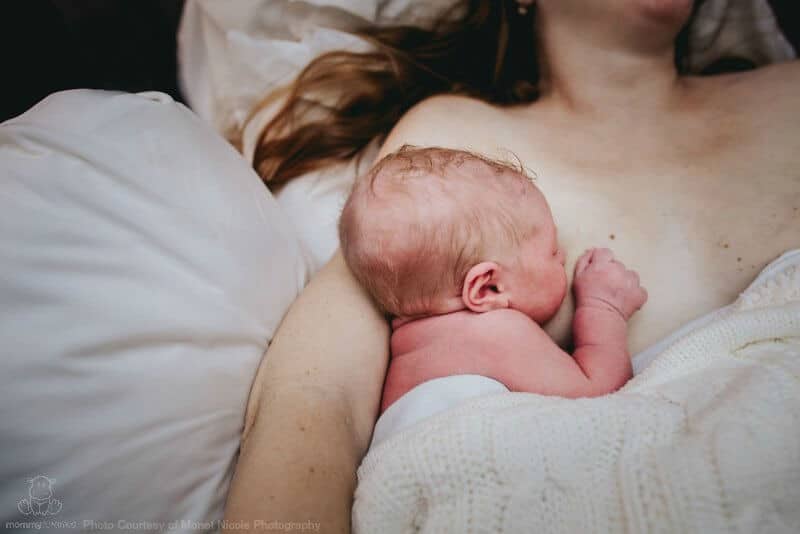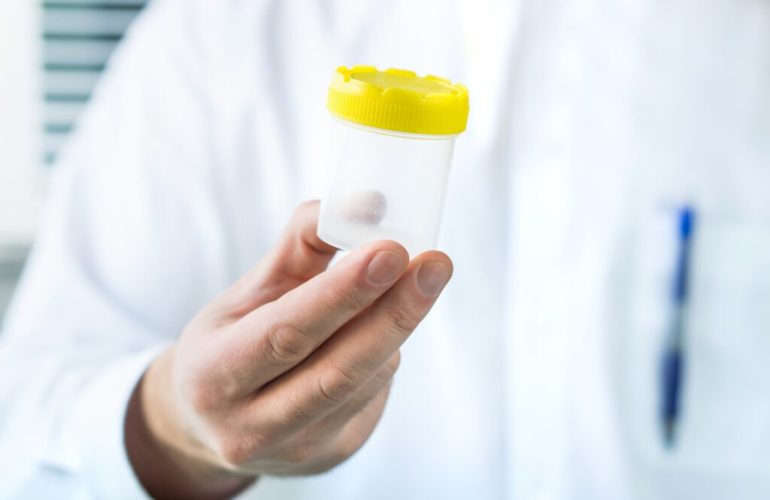One of the most frequently asked questions among couples who undergo in vitro fertilization (IVF) is whether it’s possible to have a natural birth after IVF treatment. Since IVF involves a high level of medical intervention to help with conception, many wonder if the delivery process must also be highly managed, or if they can experience a traditional, vaginal birth. The good news is that natural birth is not only possible but common after IVF treatment, depending on several factors.
IVF and Its Impact on Pregnancy
IVF is a process used to help individuals and couples struggling with infertility to conceive. The treatment involves retrieving eggs from the ovaries, fertilizing them with sperm in a lab, and then transferring the resulting embryos back into the uterus. While IVF is a medical procedure, it only assists with conception. Once pregnancy is achieved, the body typically progresses through pregnancy much like a naturally conceived pregnancy.
In most cases, the type of birth—whether vaginal or via cesarean section (C-section)—is determined by the same factors that affect any pregnancy, such as the health of the mother, the position of the baby, and whether there are complications. IVF does not automatically dictate a cesarean section unless there are medical reasons unrelated to the IVF process itself.
Can You Have a Natural Birth After IVF?
Yes, having a natural birth after IVF is possible and often preferable, depending on the circumstances. The decision about whether to have a vaginal birth is usually based on the mother’s health, the baby’s development and position, and any complications that arise during pregnancy or labor.
For many women who undergo IVF and experience a healthy pregnancy, there is no reason they cannot attempt a vaginal birth. In fact, numerous studies have shown that the mode of conception (natural or through IVF) does not significantly influence the mode of delivery. Once pregnancy is established, the path to birth follows the natural course unless specific pregnancy-related complications arise.
Factors Influencing Birth Method After IVF
While vaginal birth is possible, certain factors may influence whether a C-section or natural birth is recommended for women who conceived through IVF:
- Age: IVF is often used by women over the age of 35, and advanced maternal age can sometimes increase the risk of pregnancy complications. These complications may include conditions like placenta previa or preeclampsia, which might necessitate a C-section for the safety of both the mother and baby.
- Multiple Pregnancies: IVF has a higher chance of resulting in multiple pregnancies (twins, triplets, etc.), and in these cases, the risk of complications during delivery is higher. Multiple pregnancies are more likely to result in C-sections due to concerns such as premature labor, abnormal positioning of the babies, or increased strain on the mother’s body.
- Previous C-Sections: If the mother has had a previous C-section, her healthcare provider might recommend a repeat C-section, especially if there are concerns about uterine rupture or other complications during vaginal birth. However, some women are candidates for a vaginal birth after cesarean (VBAC), depending on their individual situation.
- Underlying Health Issues: Women undergoing IVF may have underlying fertility issues or other health conditions that could impact the pregnancy and delivery. For example, uterine abnormalities, scar tissue, or certain hormonal conditions might make vaginal birth more challenging or unsafe.
- Placental Issues: IVF pregnancies may have a slightly higher risk of placental problems, such as placenta previa (where the placenta covers the cervix). In such cases, a C-section is typically recommended to avoid complications during labor.
Benefits of a Vaginal Birth After IVF
If a woman is cleared by her doctor to have a vaginal birth, there are many benefits to doing so:
- Faster Recovery: Vaginal births generally have a quicker recovery time compared to C-sections, allowing new mothers to return to normal activities sooner.
- Lower Risk of Infection: Vaginal births have a lower risk of infection and other surgical complications that can arise from a C-section.
- Shorter Hospital Stay: Women who give birth vaginally typically have a shorter hospital stay compared to those who undergo C-sections.
The Decision Process
The decision about whether to have a natural birth after IVF is made in consultation with a healthcare provider. The provider will monitor the pregnancy closely and assess factors such as the mother’s health, the baby’s development, and any potential complications.
It’s important to remember that each pregnancy is unique, and the path to birth will vary from woman to woman. While IVF patients may feel their pregnancy requires extra medical attention, in many cases, the birth process will proceed as naturally as any other.
Conclusion
IVF helps couples achieve pregnancy, but it does not dictate the type of birth that will follow. Many women who conceive through IVF go on to have normal, vaginal births without complications. The key factors in determining whether a natural birth is possible include the overall health of the mother, the development and positioning of the baby, and whether any complications arise during pregnancy. With proper monitoring and care, women who conceive through IVF have every opportunity to experience a natural birth, just like those who conceive without medical assistance. Therefore, just like regular pregnancies, it is possible to give natural birth after IVF.
For more information regarding this topic please check out this article by Cyprus American IVF.
For any of your fertility problems, please do not hesitate to contact us. At Fertility Solutions we pride ourselves with the excellent tailored personal care we provide to our patients for their specific needs. A team member will contact you as soon as we get your message, and construct a personal treatment plan for your fertility problems in the country of Cyprus. You can also contact our clinics directly through the links below.
Cyprus Crown IVF Contact: https://en.cypruscrownivf.com/contact
Cyprus American IVF Contact: https://www.cyprusamericanivf.com/contact-us/
Dr. Halil Ibrahim Tekin (Dr. HIT) Youtube: https://www.youtube.com/@dr.halilibrahimtekin1715
Cyprus American IVF Youtube: https://www.youtube.com/@AmerikanTupBebekMerkezi




